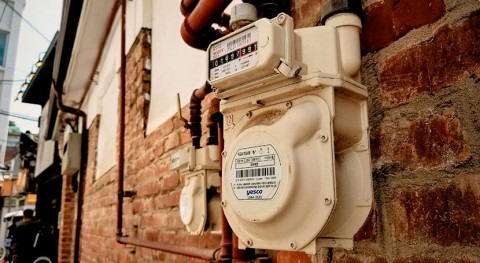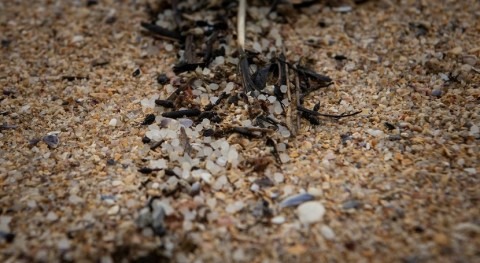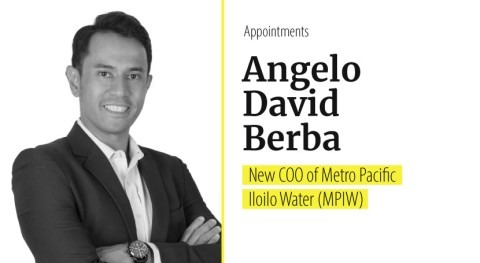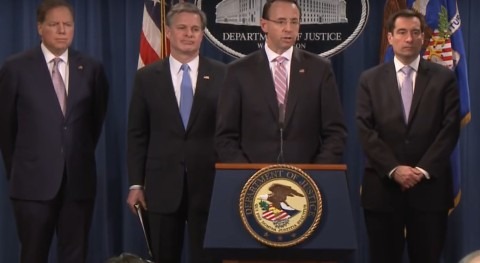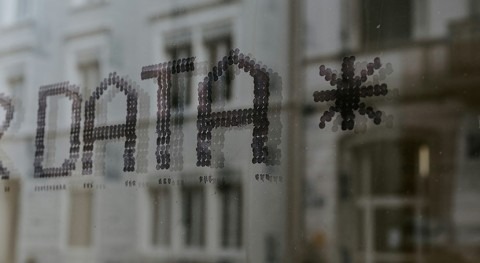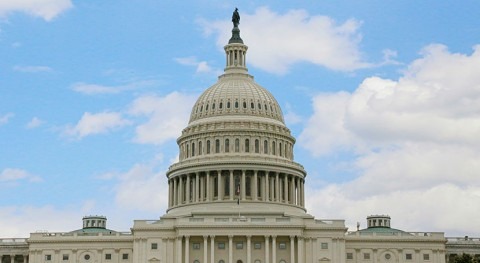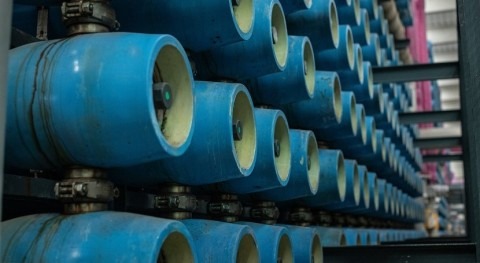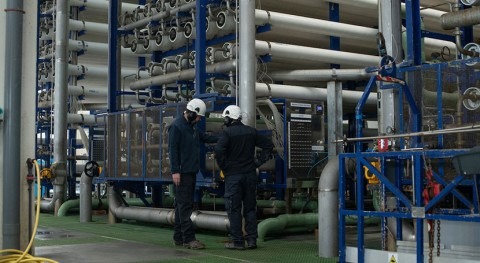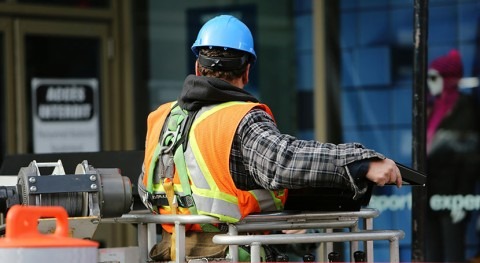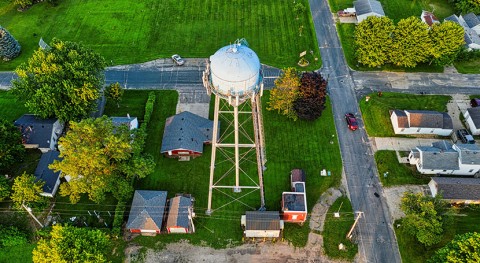The Brazilian Senate passed a bill last week that will facilitate the privatization of state-owned water and sanitation firms and draw more private investment for this suffering sector, reports Macaubusiness.com.
Sponsors of the bill said that the proposal aims to improve water services to the 35 million inhabitants who still lack access to safe drinking water and 100 million whose sewage gets dumped raw, without being treated.
The opposition maintains, however, that it places an essential service in the hands of private companies at a very delicate moment and when other countries who have privatized their water supply systems are lamenting it.
The bill, which cleared the lower house in December, passed by a vote of 65 to 13 in the Senate, must now be signed by Jair Bolsonaro, President of Brazil, who said this bill was a top priority for the country.
Senator Tasso Jereissati of center-right party PSDB, promoter of the bill said to Macau Business: ““Nearly half the population of this country lacks basic sanitation. They have cell phone coverage, but they’ve been left with their feet in an open sewer
“There are multiple benefits to universalizing water and sanitation services by 2033. Sanitation has a multiplier effect that creates jobs, health, education and improves people’s lives.”
The Brazilian government assesses 700 billion reals ($130 billion) will be needed to meet that goal.
Brazil’s water and sanitation infrastructure are the last primary infrastructure that has not been privatized.
Fitch Ratings released a non-rating commentary on the new Brazilian water-wastewater framework.
The company believes that the approval of the new regulatory framework for the basic sanitation sector in Brazil poses challenges for companies in the sector, but should not pressure their ratings in the short term.
The pressure for the expected increase in investments to expand the coverage of services must be diluted over the years and allow operators covered by Fitch to adjust to this new reality. However, operational efficiency, investment capacity and the ability to access adequate funding, via debt or equity, will gradually gain more importance, so as not to bring risk to companies of losing of important concessions for their cash generation and pressure ratings. Fitch also considers positive the appointment of the National Water and Basic Sanitation Agency (ANA) for a more active role in the sector, and supports the expectations of lowering the current moderate regulatory risk.
Fitch estimates that the long term for operating targets achievement is, overall, manageable to the 12 companies evaluated by the agency, considering that investments may be diluted in the period without significantly pressuring its credit indicators. However, the challenge of expanding investments particularly to companies with low service indicators, such as Companhia Catarinense de Aguas e Saneamento (Casan, National Long-Term Rating BBB-(bra)) whose sewage collection coverage is 26%. On a positive note, Companhia de Saneamento Basico do Estao de Sao Paulo (Sabesp, Issuer Default Rating [IDR] in Local and Foreign Currency AA and National Long-Term Rating AA(bra)) and Companhia de Saneamento do Parana (Sanepar, National Long-Term Rating AA(bra)) already have water distribution indicators in 98% and 100%, sewage collection in 91% and 74%, and sewage treatment collected from 78 % and 100%, respectively.
Companies with the ability to leverage without putting pressure on their current rankings will also be better positioned to face increased demand for investments or capture opportunities for new acquisitions. This is the case of Companhia de Saneamento de Minas Gerais, Saneamento de Goias SA and Sanepar, whose net debt / EBITDA ratios were at the end of March 2020 with a distance above 2.0x in relation to its downgrade triggers. Casan and Sabesp had this distance of 1.5x to 2.0x, respectively, with Casan's number reflecting their 2019 financial statements.
A potential consolidator of the industry will be Aegea Saneamento e Participacoes S.A. says Fitch, but its space for greater leverage is limited and may have its ratings under pressure in the event of significant debt-funded acquisition. The 'BBB-(bra)' rating of the debenture issued by Aguas Cuiaba S.A,, the main subsidiary of the Igua Saneamento group, also incorporates the group's challenges in reporting consolidated net financial leverage at more conservative levels, which restricts its inorganic expansion capability without shareholder support. Saneamento Ambiental Aguas do Brasil S.A. (SAAB, National Long-Term Rating AAA (bra) has a moderate space for further leverage, with a 0.9x from its downgrade trigger.





